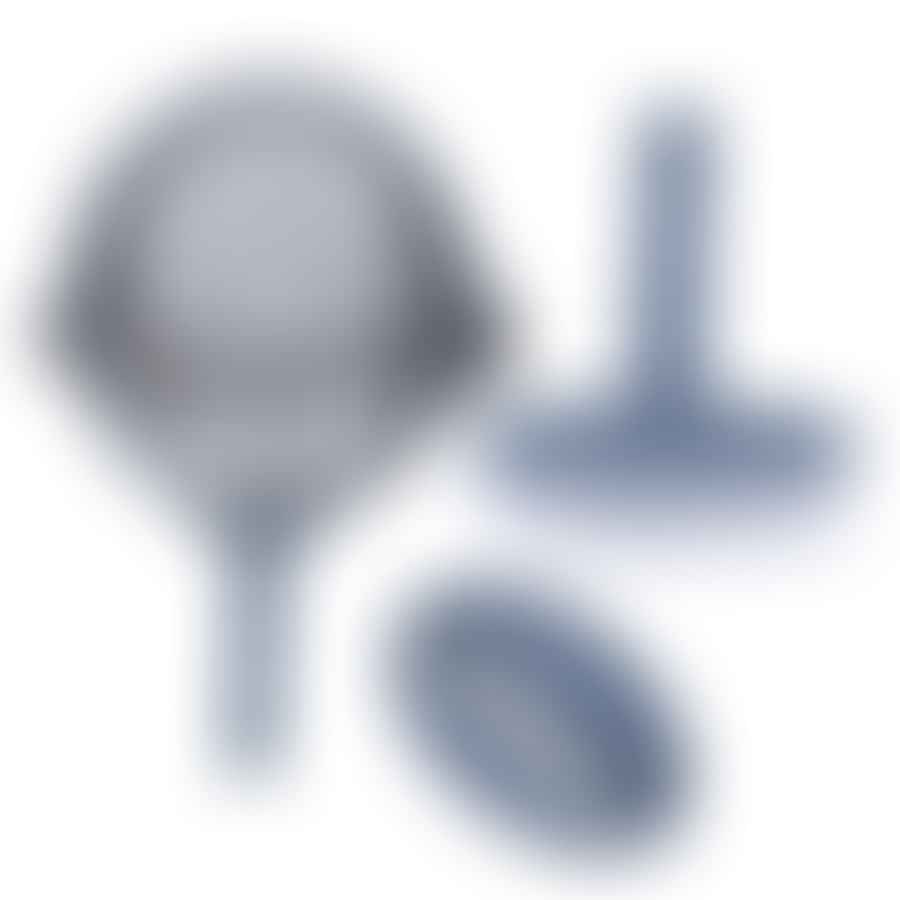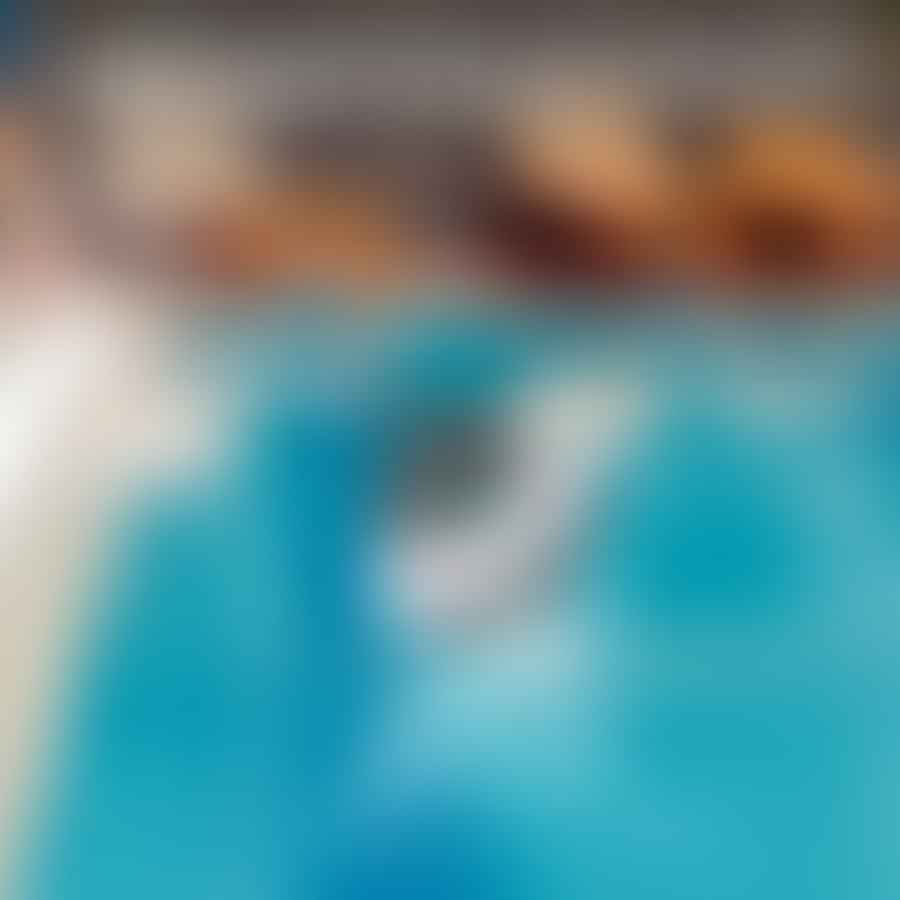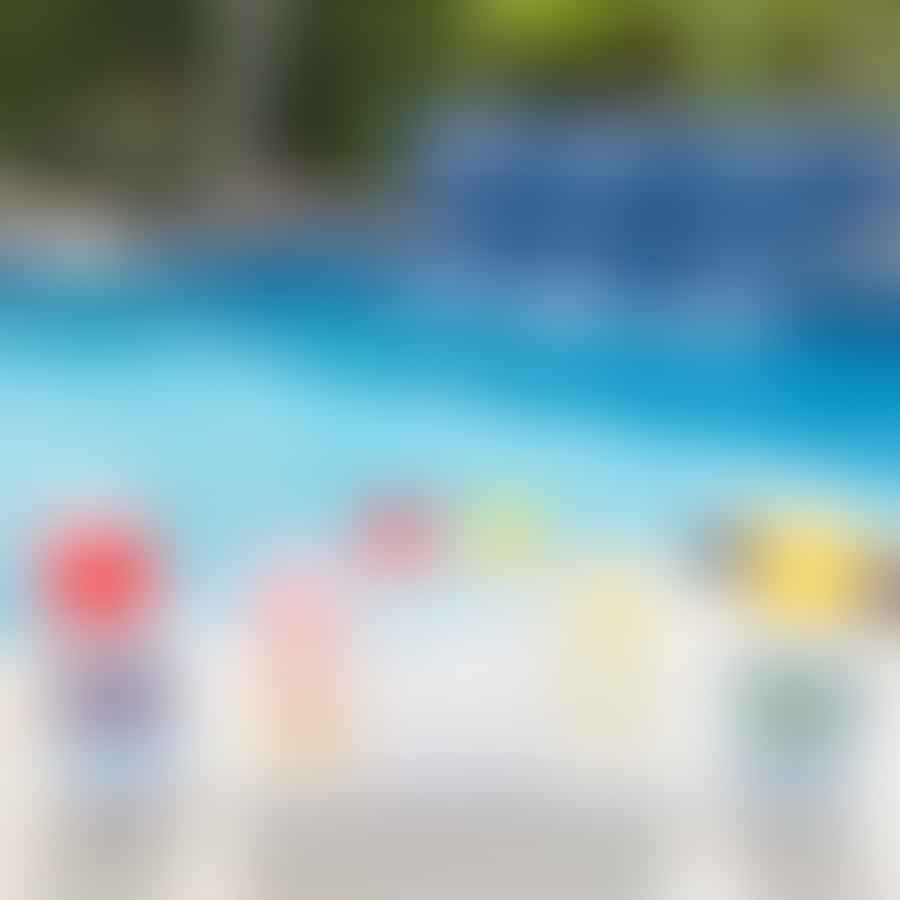- A pool maintenance kit is essential for keeping your pool healthy, clean, and safe.
- Regular pool maintenance saves money by catching and addressing issues early.
- Must-have tools for DIY pool maintenance include a pool net skimmer, pool brush, pool vacuum, and pool water testing kit.
- Choosing the right pool cleaning equipment, such as an automatic pool cleaner and pool filter, is crucial for effective pool maintenance.
- Essential chemicals for pool care include chlorine, pH increaser and decreaser, algaecide, and shock.
- Maintaining pool water balance by monitoring pH, alkalinity, and hardness is important for optimal pool care.
- Pool filters and pumps are vital components for keeping pool water clean and clear.
- Regular pool inspections help identify potential issues and ensure pool safety and efficiency.
- Proper pool installation involves planning the pool's location, choosing the right pool type, installing plumbing and electrical systems, and landscaping the pool area.
The Essential Pool Maintenance Kit
Owning a swimming pool is like having a personal oasis in your backyard.
But to keep that oasis sparkling and inviting, regular pool maintenance is critical.
That's where the essential pool maintenance kit comes into play, armed with the necessary tools to keep your pool in pristine condition.
In this guide, we'll uncover the must-have items for your maintenance arsenal and explore why each is crucial for keeping your pool water crystal clear and your swimming experience a refreshing delight.

Let's Dive into Maintenance Bliss!
The Importance of a Pool Maintenance Kit
Imagine a pool as a living entity. It breathes, it ages, and without proper care, it can fall into disrepair. That's where a pool maintenance kit comes into play. The lifeline keeps your pool healthy, clean, and safe for everyone.
- Think of it as your pool's doctor, equipped with all the tools and equipment needed to diagnose and treat potential issues. Whether you're a seasoned pool owner or a newbie, a well-stocked pool maintenance kit is a must-have. It's the first step in DIY pool maintenance, and it's your best defense against common pool problems like algae growth, cloudy water, and chemical imbalances.
- But why is a pool maintenance kit so crucial? Well, regular pool maintenance ensures your pool's longevity and guarantees its users' safety. A poorly maintained pool can harbor harmful bacteria and other pathogens, posing severe health risks.
- Moreover, regular maintenance can save you much money in the long run. You can avoid costly repairs and replacements by catching and addressing issues early. Plus, a well-maintained pool enhances the overall aesthetic of your outdoor space, making it a more inviting place for relaxation and recreation.
- So, whether you're looking for how to maintain your pool or searching for the best pool care tips, remember that a good pool maintenance kit is your first line of defense. It's not just an investment in your pool but your health, safety, and peace of mind.

Must-Have Tools for DIY Pool Maintenance
Now that we've established the importance of a pool maintenance kit let's dive into the Must-Have Tools for DIY Pool Maintenance. These essential pool equipment will help you keep your swimming oasis in tip-top shape.
- First on the list is a pool net skimmer. This tool is your best friend when removing leaves, bugs, and other debris from your pool. It's like a giant spoon that scoops unwanted materials, keeping your pool clean and clear.

Next, we have the pool brush. This handy tool is used to scrub the walls and floor of your pool, preventing the build-up of algae and other microorganisms. It's like a toothbrush for your pool, keeping it sparkling and healthy.

- Another essential tool is the pool vacuum. This device cleans the bottom of your pool, removing dirt and debris that the net skimmer and brush can't reach. It's like a vacuum cleaner for your pool, ensuring every nook and cranny is spotless.
- Lastly, but certainly not least, is the pool water testing kit. This kit allows you to monitor the chemical levels in your pool, ensuring the water is safe and balanced. It's like a lab test for your pool, giving you peace of mind that it is safe for everyone to enjoy.
These are just a few of the must-have tools for DIY pool maintenance. Each tool plays a crucial role in maintaining the health and safety of your pool. So, whether you're a seasoned pool owner or a newbie, ensure these pool maintenance essentials are in your kit. Remember, a well-maintained pool is a safe and enjoyable pool.
Choosing the Right Pool Cleaning Equipment
Now, let's plunge into the heart of the matter - Choosing the Right Pool Cleaning Equipment. This is a crucial step in your DIY pool maintenance journey. The right equipment not only simplifies your task but also ensures your pool remains in pristine condition.
When it comes to pool cleaning equipment, the first thing that comes to mind is the automatic pool cleaner. This gadget is a game-changer for pool owners. It's like a robotic housekeeper for your pool, tirelessly working to keep it spotless. Different types of automatic pool cleaners are designed to tackle specific cleaning tasks.

- For instance, suction-side pool cleaners are perfect for picking up minor to medium-sized debris. They attach to your pool's existing filtration system, creating a suction that removes debris. On the other hand, pressure-side pool cleaners use the pressure from your pool's water return jet to propel themselves around your pool, collecting debris in a bag. Lastly, robotic pool cleaners, the crème de la crème of pool cleaners, are self-contained units that scrub, vacuum, and filter all in one. They are the best choice for comprehensive pool cleaning.
- Another essential piece of equipment is the pool filter. This device is like the kidneys of your pool, filtering out impurities and keeping your water crystal clear. There are three main types of pool filters: sand filters, cartridge filters, and diatomaceous earth (DE) filters. Each has its strengths and weaknesses, so choosing the one that best suits your pool's needs is essential.

Choosing the right tools for the job is critical to successful pool maintenance. So, take your time, research, and invest in quality pool cleaning equipment. After all, a clean pool is a happy pool!
Essential Chemicals for Pool Care
When it comes to DIY pool maintenance, understanding the essential chemicals for pool care is necessary. These chemicals are pivotal in keeping your pool sparkling clean, safe, and enjoyable. Let's dive into the pool of knowledge and learn about these essentials.
Chlorine is the first chemical that comes to mind when discussing pool care. It's a powerful sanitizer that kills bacteria and other harmful organisms, ensuring your pool is safe for swimming.

Next up is the pH increaser and decreaser. The pH level of your pool water should ideally be between 7.2 and 7.8. If it's too high or too low, it can cause discomfort to swimmers and even damage your pool equipment. A pH increaser or decrease can help maintain the right balance.

Algaecide is another essential chemical. Algae can make your pool look unappealing and cause slips and falls. Regular use of an algaecide can prevent this problem.

Lastly, shock is a super-chlorinator that helps to remove contaminants from your pool water. It's a crucial part of your swimming pool maintenance kit that helps to keep the water crystal clear.
Remember, using these chemicals requires care. Always follow the manufacturer's instructions and keep them out of reach of children. With the right chemicals and pool care tips, you can ensure your pool stays in top condition all year round.
Maintaining Pool Water Balance
After understanding the essential chemicals for pool care, the next step in your DIY pool maintenance journey is maintaining the perfect water balance. This is a crucial aspect of pool care, as it ensures the effectiveness of your chemicals and provides a comfortable swimming environment. Maintaining pool water balance is all about managing three key parameters: pH, alkalinity, and hardness.
As we've mentioned earlier, the pH level of your pool water should ideally be between 7.2 and 7.8. This is slightly alkaline and is the range where chlorine is most effective. If the pH level is too high or too low, it can lead to skin and eye irritation and potential damage to your pool equipment.

- Alkalinity is a measure of the water's ability to neutralize acids. It acts as a buffer for the pH level, preventing sudden changes. The ideal range for total alkalinity is between 80 and 120 parts per million (ppm).
- Hardness refers to the amount of calcium and magnesium in the water. If the water is too hard, it can lead to scale formation on your pool surfaces and equipment. On the other hand, if the water is too soft, it can cause corrosion. The recommended hardness level is between 200 and 400 ppm.

Regular testing and adjusting these parameters are essential to maintain your pool's water balance. Various testing kits available in the market can help you monitor these levels. Remember, a well-balanced pool is comfortable for swimmers and extends the lifespan of your pool equipment. It's a vital part of your swimming pool maintenance kit that should not be overlooked.
The Role of Pool Filters and Pumps
Let's focus on the unsung heroes of your pool maintenance essentials - the pool filters and pumps. These components are the heart and lungs of your pool, working tirelessly to keep your water clean and clear.
- Pool Filters: Just as our kidneys filter out impurities from our bodies, pool filters perform a similar function for your pool. They remove dirt, leaves, and microscopic debris from the water, ensuring every swim is a pleasant experience. There are three main types of pool filters: sand, cartridge, and diatomaceous earth (DE), each with its own strengths and maintenance needs.
- Pool Pumps: If the filter is the kidney, the pool pump is the heart. It circulates water through the filter and back into the pool, keeping the water moving and preventing stagnation. A well-functioning pump is crucial for maintaining water clarity and preventing algae growth.
- Maintaining your pool's filter and pump is crucial to DIY pool maintenance. Regularly cleaning and inspecting these components can significantly extend their lifespan and improve efficiency. For instance, backwashing your sand or DE filter when the pressure gauge reads 8-10 psi above the starting level can help maintain optimal filtration. Similarly, regularly checking the pump basket and clearing debris can ensure smooth water flow.
Remember, a clean and well-functioning filter and pump are essential for a healthy pool. They make your pool more inviting and reduce the need for chemical usage.
So, don't overlook these vital components in your pool care routine.
With these pool care tips, you're on your way to becoming a pool maintenance pro. Stay tuned for our next section, where we'll delve into the importance of pool inspection for safety and efficiency.
Inspecting Your Pool for Safety and Efficiency
Now that we've covered the essentials of pool equipment and care let's dive into the crucial task of Inspecting Your Pool for Safety and Efficiency. This is vital to your DIY pool maintenance routine and should never be overlooked.
Regular pool inspections can help identify potential issues before they become major problems, saving you time and money and ensuring your pool remains a safe and enjoyable space for everyone.

- Begin your inspection by checking the pool's physical structure. Look for signs of wear and tear, such as cracks, loose tiles, or damaged coping. These could cause injuries or lead to more serious structural issues if not addressed promptly.
- Next, turn your attention to the pool's water quality. Clear, clean water is a sign of a well-maintained pool. Murky or discolored water, on the other hand, could indicate a problem with your filtration system or chemical balance. Regularly testing your pool's pH, chlorine, and alkalinity levels is essential to maintain optimal water quality.

- Don't forget to inspect your pool's safety features. This includes checking the condition of pool fences, gates, ladders, and diving boards. Ensure that all safety equipment, such as life rings and pool covers, are in good working order and easily accessible.
- Lastly, evaluate the efficiency of your pool's systems. This involves checking the operation of your pool pump, filter, and heater. Listen for any unusual noises and observe if they are functioning as expected. Regular maintenance of these systems is crucial to their efficiency and longevity.
- Following this pool inspection guide ensures your pool remains a safe and efficient oasis for all to enjoy. Remember, pool care is not just about having the right tools and chemicals; it's also about being proactive and vigilant in maintaining your pool's safety and efficiency.
Stay tuned for our next section, where we'll share the best pool installation tips to help you set up your dream pool.
Tips for Proper Pool Installation
Transitioning from pool maintenance to pool installation, let's dive into the Tips for Proper Pool Installation. Whether installing a new pool or upgrading an existing one, these tips will ensure a smooth and successful process.
First and foremost, plan your pool's location wisely. Consider sun exposure, proximity to trees (which can lead to extra cleaning), and accessibility. Also, consider local regulations and ensure you have the necessary permits before digging.

Next, choose the right pool type for your needs and environment. Whether it's a concrete, vinyl, or fiberglass pool, each has its benefits and maintenance requirements. Research thoroughly and consult with professionals to make an informed decision.

- Once the pool type is decided, ensure proper installation of the pool's plumbing and electrical systems. This is a job for professionals, as it involves complex tasks like connecting the pool pump, filter, and heater and installing underwater lights.
- After the pool is installed, don't forget about landscaping. A well-designed pool area can enhance your outdoor living space and increase the value of your property. Consider adding a deck, patio, or pool house to create a complete backyard oasis.

- Lastly, plan for regular maintenance from the start. This includes investing in essential pool equipment and setting up a maintenance schedule. Remember, a well-maintained pool is a safe and enjoyable pool.
Following these pool installation tips, you can create a beautiful and functional pool that will provide years of enjoyment. And remember, Aquatic Inspections is always here to help with your pool maintenance, inspection, and installation needs.
Conclusion
Maintaining a pool doesn't have to feel like a never-ending chore
With the right tools, your pool maintenance routine can become a breeze.
From skimmers and brushes to testing kits and chemicals, each item in the essential pool maintenance kit serves a specific purpose in keeping your pool water clean, balanced, and inviting.
So, equip yourself with these essential tools!
Dive into a routine of regular maintenance!
Watch as your pool becomes the envy of the neighborhood—a shimmering oasis that beckons you to take a dip and relax in its refreshing waters!

















Post a comment